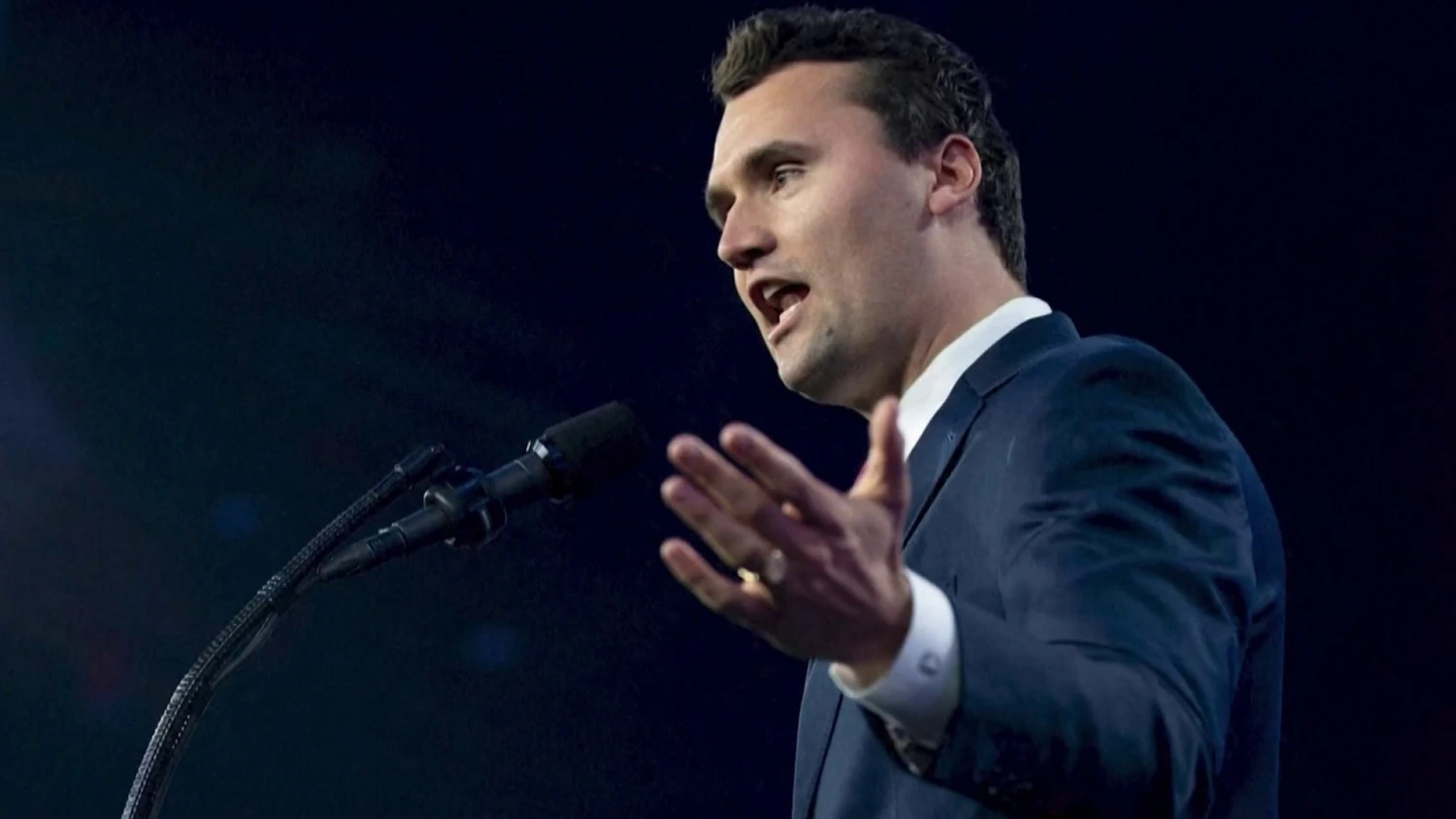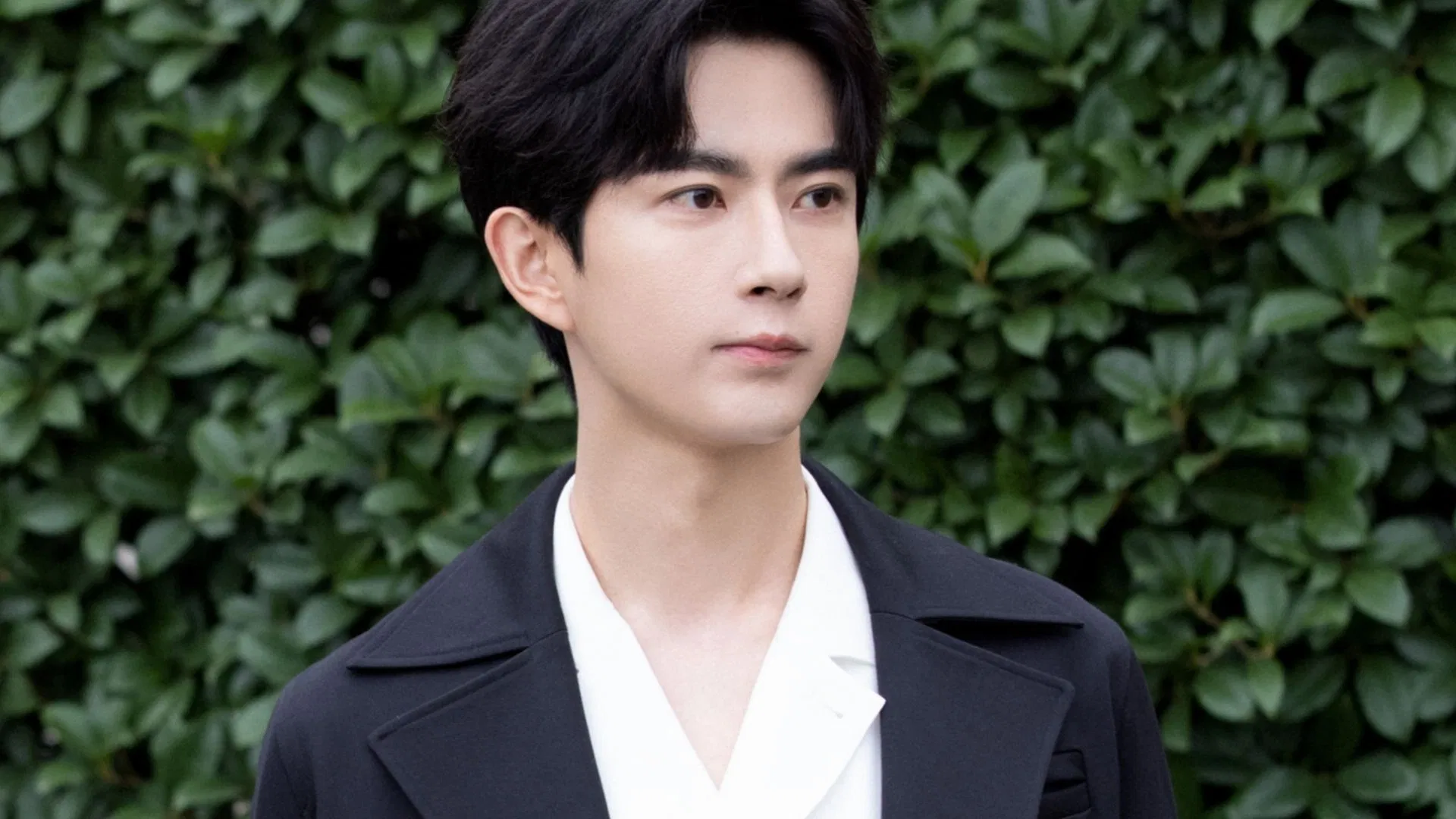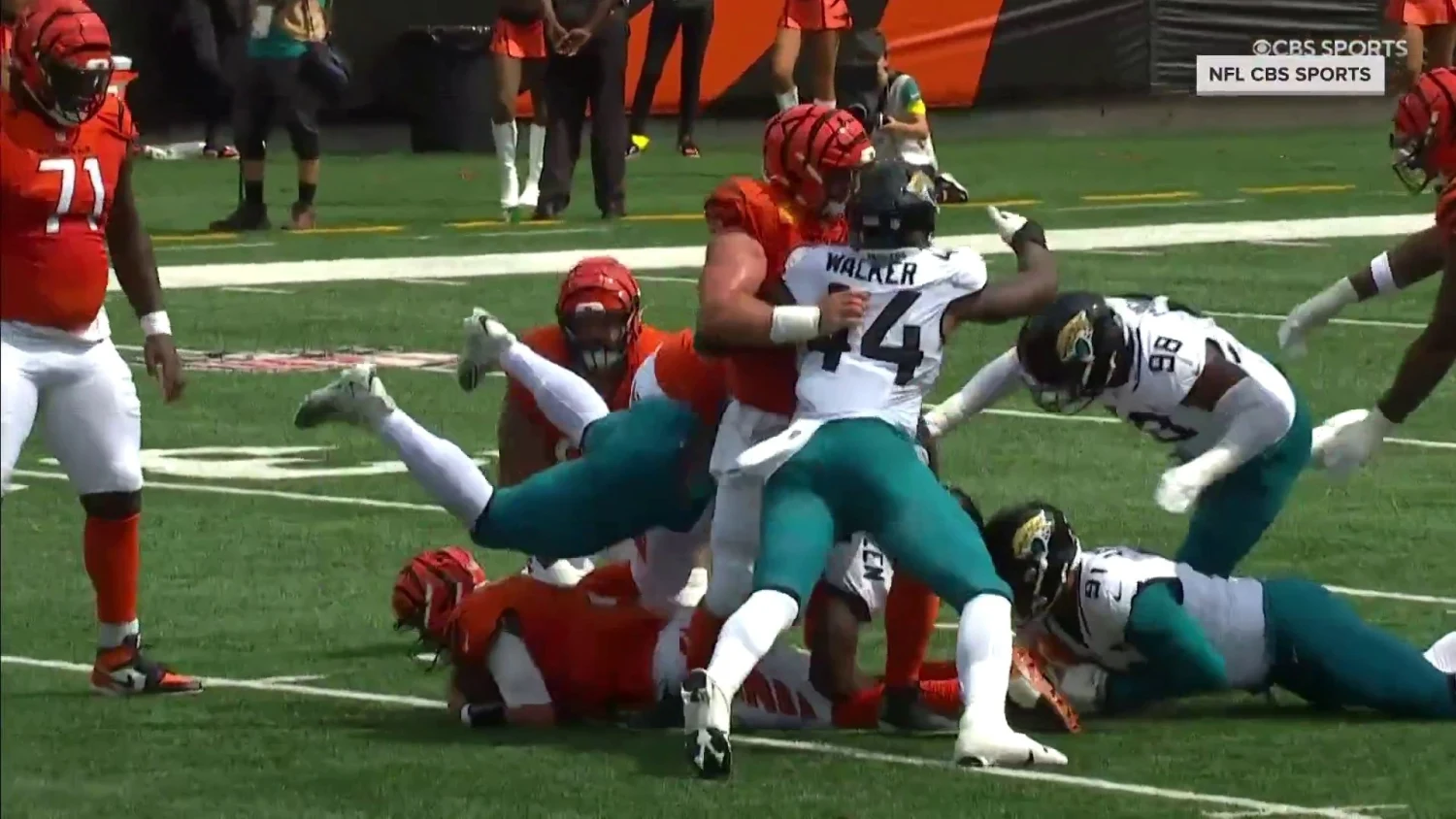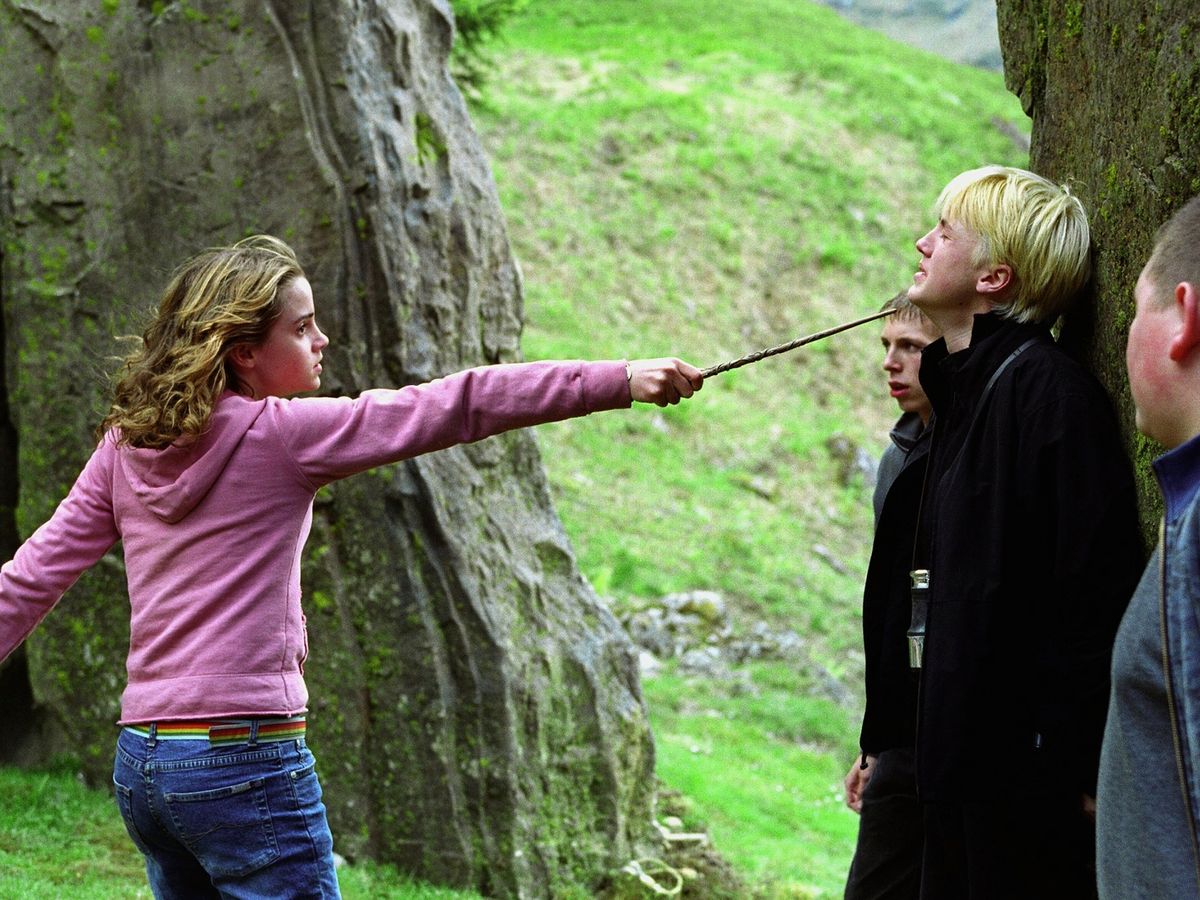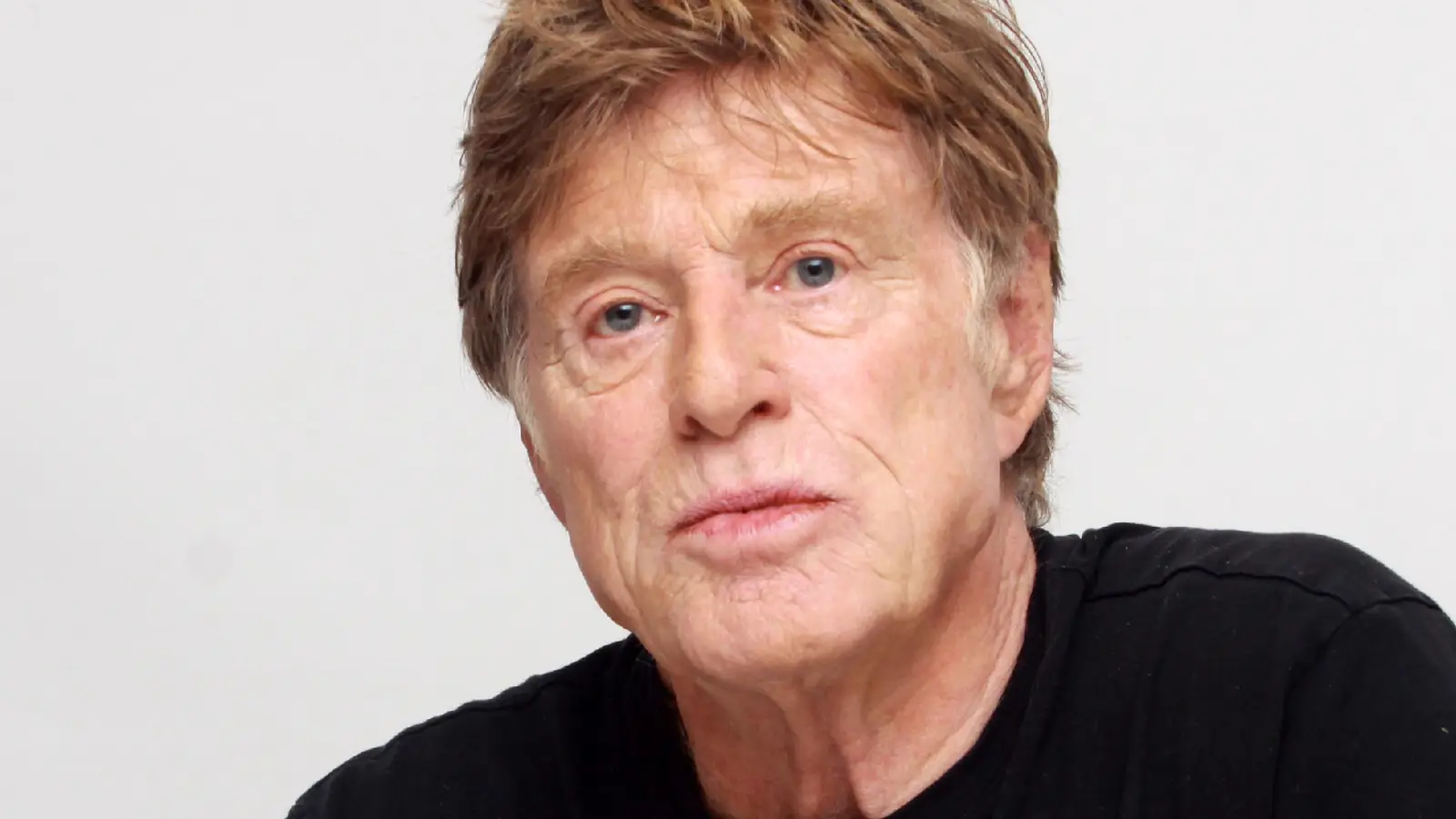
Following the sad passing of Robert Redford, The Horse Whisperer stands as the movie icon’s final western, and its ending remains as heartbreaking as ever almost 30 years later. With Butch Cassidy and the Sundance Kid and Jeremiah Johnson on his resume, Robert Redford will always be closely associated with the western genre.
While not a typical Robert Redford movie, 1994’s The Horse Whisperer continued that relationship. The neo-western explored the clash between what remains of America’s “Old West” and the ever-encroaching shadow of urbanization at a time when Yellowstone was just a twinkle in the eye of a young Taylor Sheridan.
Despite giving Scarlett Johansson one of her first truly standout roles and enjoying modest critical and commercial success, The Horse Whisperer remains a somewhat overlooked entry for her and Redford alike. Regardless, the ending – which now serves as Redford’s farewell to the western genre – is a deeply emotive one that has only become more poignant with time.
Annie Not Choosing Tom In The Horse Whisperer’s Ending Is Devastating
Away from the western themes and Johansson’s feel-good journey to, quite literally, get back on the horse, The Horse Whisperer also tells a love story. Kristin Scott Thomas’ Annie is wilting in her marriage, and an unexpected meeting with Redford’s handsome rural cowboy gives rise to a wave of temptation.
Nine out of ten times, Hollywood would opt for the ending where Annie follows her heart and ditches a stressful life in the city for love and fresh air among the scenic mountains of Montana, but The Horse Whisperer bucks that trend. Indeed, Annie not only chooses her husband and a return to the city, she doesn’t even afford Redford’s Tom the comfort of saying “goodbye.”
It’s a quietly devastating conclusion to a movie that would have had most viewers anticipating the exact opposite.
The misery largely derives from the unspoken sensation that no character in The Horse Whisperer is actually happy with how the ending plays out. Does Annie suddenly realize how much she loves her husband? It doesn’t seem so. Would Grace be happier in Montana? Almost certainly. Has Tom resigned himself to being a bachelor for life? Probably not.
Annie’s tears are hard to watch, of course, but the real emotional impact comes from Redford’s Tom as he hears the screech of car tires and realizes the woman who stole his heart is leaving forever. It’s Redford’s look of morose resignation that really stings. In the eyes of any other actor, that nuance would have perhaps lacked the same crushing impact.
Viewers may also notice the touching reason Annie neglects to bid Tom farewell. Earlier in The Horse Whisperer, Tom had acknowledged his dislike of saying goodbye to loved ones, so rather than being a selfish attempt to spare her own feelings, Annie’s hasty exit is actually her final gift. Their parting is the very definition of bittersweet.
Did The Horse Whisperer Choose The Right Ending?
The Horse Whisperer’s ending represents quite a departure from the Nicholas Evans book it’s based on. The source material concludes with Tom dying and Annie giving birth to a baby heavily implied to be his, creating an altogether different tone to the finale of Redford’s movie.
After already scrapping the authentic closing chapter, The Horse Whisperer’s movie adaptation had every reason to give audiences a stereotypical Hollywood climax where Annie falls into Tom’s arms before the end credits roll. Despite the heartbreak, the movie, like Annie herself, does well to avoid the pull of temptation.
At its heart, The Horse Whisperer is not a story about finding love, but about finding one’s place in the world. Grace discovers that sense of peace after returning to the back of Pilgrim the horse, while Tom evidently knows he’s exactly where he should be already. Annie’s choice in the finale is less about Tom vs. Robert and more about her current life vs. a new existence in Montana.
While her decision could be viewed as a rather pragmatic one by movie standards, it underlines that running away to the mountains and riding horses forever isn’t necessarily the solution to life’s hardships, and working through problems is sometimes the more noble path to take. It’s a refreshing message for ’90s cinema, and one that cements the lonely romanticism around Tom’s rural lifestyle.
Viewers may not walk away from The Horse Whisperer with a fuzzy, warm sensation inside, but they can exit the movie assured that Annie and Tom both find the certainty they need to know their lives are heading in the right respective directions, damn the difficulties.
The Horse Whisperer’s Ending Feels More Poignant Now
Robert Redford’s passing in September 2025 inevitably casts emotional scenes such as this in a new light.
After Annie departs, Tom’s dedication and love for his mountain lifestyle, as well as his relationship with the horses he whispers to, remains the unmovable anchor in his life. One can easily draw a parallel to Robert Redford’s own calling for cinema, demonstrated via his work both in front of and behind the camera.
While his most well-known roles came in the 1960s and ’70s, Redford continued honing his craft well into the 2010s, first with a deeply impressive and ambitious one-man performance in All Is Lost, then with a gravitas-filled supervillain part in Captain America: The Winter Soldier.
As if being an actor, director, and producer wasn’t enough of a contribution to film, Redford’s Sundance Institute has continued to provide groundbreaking cinema a platform for over 40 years, with the Sundance Film Festival perhaps the most visible example of that.
